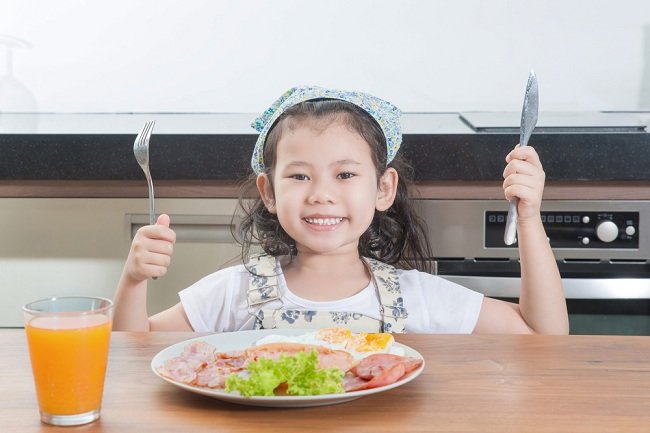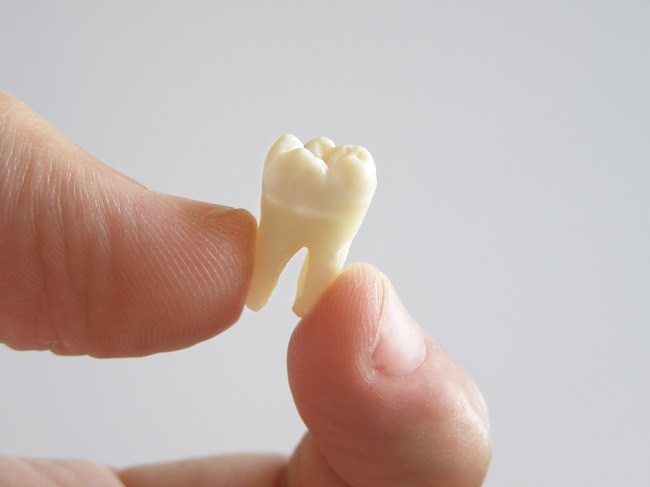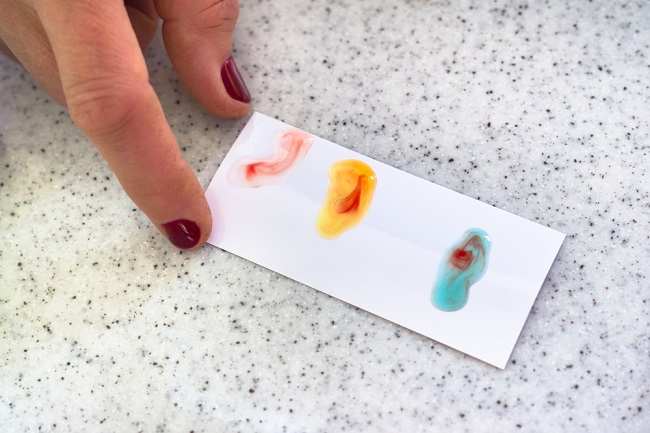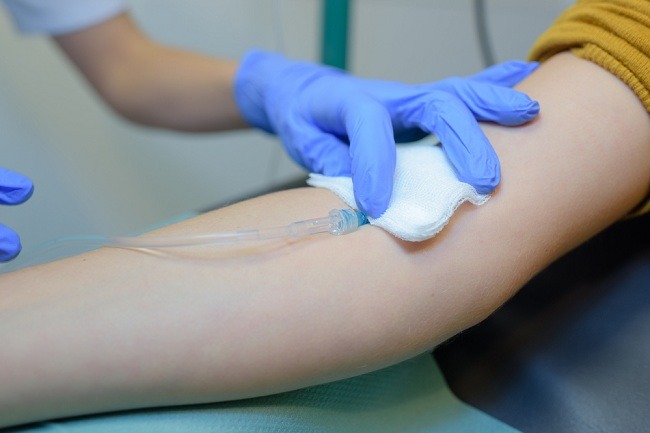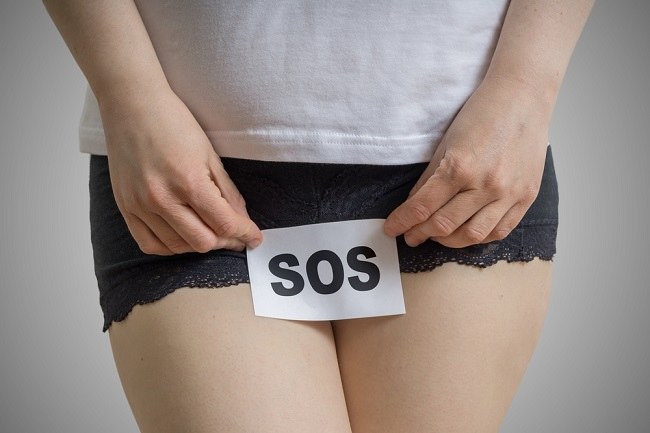Many types of nutritious foods that can be given when babies start consuming solid foods, including red beans. The benefits of red beans for babies are not small, because these beans are rich in nutrients. Therefore, you can consider it as part of your little one's daily menu.
Babies need adequate nutritional intake for optimal growth and development. When he reaches 6 months of age, nutrition from breast milk or formula alone is not enough to meet his needs. That is why, at that age, babies generally have started to be given complementary foods (MPASI).

One of the good food choices to be given as complementary foods is red beans. In addition to its delicious taste and easy processing into a variety of foods, red beans are also rich in nutrients.
Various Nutrient Contents in Red Beans
In a serving of cooked kidney beans (equivalent to 50 grams), there are about 170-100 calories and the following various nutrients:
- 3.5–4 g protein
- 10-15 g carbohydrates
- 3.5–4 g fiber
- 0.3–0.5 g fat
- 40–45 mg calcium
- 3–3.5 mg of iron
- 600–700 mg potassium
- 2.5–3 mg vitamin C
- About 200 mcg of folate
In addition to the various nutrients above, red beans also contain B vitamins, vitamin K, choline, phosphorus, manganese, zinc, and magnesium.
These various nutrients make red beans have many benefits for baby's health. Just by giving a serving of red beans, you have met about 45% of your little one's daily fiber needs.
Various Benefits of Red Beans for Baby's Health
The following are some of the benefits of kidney beans for babies:
1. Supports the growth process
The abundant protein content in kidney beans plays an important role in the formation of body tissues and organs, so it is good for baby's growth and development. Protein is also able to repair damaged cells and strengthen the baby's immune system.
2. Supports brain health and development
Kidney beans contain lots of protein, minerals, vitamins, antioxidants, and choline. Protein and choline are some of the important nutrients that play a role in the growth and development of the baby's brain. In addition, choline is also good for supporting baby's eye health.
3. Strengthens bones and teeth
Kidney beans contain a number of nutrients that have a major impact on the growth and strength of the baby's bones and teeth. These nutrients include phosphorus, magnesium, and calcium.
Only by consuming 25 grams of red beans, about 10% of the calcium needs, 40% of the phosphorus needs, and 50% of the baby's daily magnesium needs have been met.
4. Smooth the digestive tract
The fiber contained in kidney beans can stimulate the baby's digestive tract to become more active. In addition, red beans also contain complex carbohydrates which also act as prebiotics.
Prebiotics can support the growth and function of good bacteria in the intestines, so the baby's digestion becomes smoother.
5. Lowers the risk of type 2 diabetes
Type 2 diabetes is actually more common in adults. However, some studies show that this disease is also found in children. Giving babies kidney beans regularly and in the right amount can reduce the risk of the baby suffering from this condition later.
Kidney beans are foods that are rich in fiber and antioxidants and have a low glycemic index. This makes red beans can keep blood sugar levels stable. That way, the risk of getting diabetes can be reduced.
6. Prevent anemia
Your baby's body needs iron and folate to produce enough red blood cells. These nutrients also play a role in supporting the growth and development of babies. If the intake of iron and folate in infants is not sufficient, the body will lack red blood cells. This condition can cause the baby to become anemic.
To meet your little one's iron needs, Mother can give him breast milk or formula that has been fortified with iron, as well as foods that contain lots of iron, such as meat, eggs, fish, and nuts, including kidney beans.
In addition to the various benefits above, red beans are also useful for maintaining smooth blood flow in the baby's body and reducing the baby's risk of heart disease.
Even so, you need to make sure the red beans have been washed thoroughly and cooked until they are completely cooked before giving them to your little one.
Raw red beans contain toxins. If your child eats raw kidney beans, the poison can cause diarrhea and vomiting due to food poisoning.
Even though red beans have been cooked until cooked, you still need to pay attention to your little one's reaction after eating them. This is because there are some babies who have allergies to red beans.
This allergic reaction can cause the baby to experience diarrhea, vomiting, red rashes and bumps on the skin, and shortness of breath due to swelling of the lips and airways.
If your little one has complaints after consuming red beans, immediately consult a doctor. In addition to finding out the cause, the doctor can also suggest the amount of red bean consumption according to your child's age and what substitute foods need to be given if your child is allergic to red beans.
